[color-box color=”green”][dropcap]Join[/dropcap] Canadian Expat, Dodie Schadlich, in her weekly column for “Off the Beaten Path”. Read on to disover how learning spanish is the key to understanding the culture and have a rewarding expat experince [/color-box]
Culture Within A Culture
Working in various hospitals and care homes allowed me the opportunity to meet many foreign nurses that now chose to call Canada home. A number of them are from the Philippines and I was privileged to get to know a few on a personal level; thus given a curious glimpse of their culture, living within our culture.
I remember how so many of these families seemed to know each other. They would socialize in the same circles; they would plan outings, holidays and dinners together. The celebrations would coincide with many of our own holidays in Canada, but also their homeland as well. The single folks dated within the circle and most often they married within the group as well. The ones with a grasp of English may choose to attend our churches, otherwise, they would begin their own bible study groups and services in private homes or community halls. They supported each other through medical, legal or personal crises that may arise. They became a community within a community.
I don’t think they meant to appear closed and apart from ‘the rest of us’ but it gave them a sense of inclusion and support they missed from back home. A place where they could easily communicate in their own language. A place where their sense of humor, shared history, national sports, and even politics from their home country, could be discussed effortlessly and with friendly, or not-so-friendly debates.
Bonding Over Shared Experiences
I see the same type of separation happen here on the coast in our expat communities. We tend to keep in tight circles; in fact, those circles have now become large enough that there are sub-circles that have formed. We come from different cultures, countries, economic backgrounds, religious and political beliefs, but the initial, larger group, is formed solely on our similarities. The sub-circles come into being to address the differences.
The similarities provide comfort not only because of the shared language but also because of the shared experience. We all made the decision to leave our family and friends to make a new home in a foreign country. Our reasons may be different, however, the process of getting here is very similar for everyone. We instantly became the visible minority and in response, we immediately seek out those that we can relate to. People that can understand the challenges we face in adjusting to our new lives. As we grow in number, the differences create further divides, hence smaller cliques are formed. In the end, regardless of your sub-circle, when tragedy strikes, you can be pretty sure the larger community as a whole will be there in some capacity to help.
After being here for a couple years, and being fairly plugged into the expat community, I remember an encounter in a local restaurant that changed things for me. A proverbial turning point for my Ecuadorian experience. At the table next to me was a couple of ‘new’ gringo faces; I put on a big smile and reached out in cordial conversation to them. Since I had no idea who they were, I assumed they were newly moved to the area. It was in the off-season on the coast so I could not imagine they were snowbirds.
As I opened a polite conversation with ‘Hey, you new here?’ The response I received was a surprise.
“No, we have lived here more than 6 years. We choose not to become part of the Expat group. We did not move here to live with expats we came here to experience life in this country.”
I got the feeling that they did not want to continue the conversation and I politely said, “Have a nice day,” and we both continued with our respective breakfasts. I did hear them speak fluent Spanish to the waiter and they spoke a mix of English and Spanish to eachother as well. Their response to my question was direct and unapologetic and it stayed with me for a long time… in a good way.
Assimilation and Integration
It made me reflect inward to discover what I wanted out of my own Ecuador Experience. How to balance my need to be part of the expat population to some degree, but also, my strong desire to experience real life in Ecuador.
During this time of reflection; two words became prominent; Assimilation and Integration. These words have now become part of my life in a more meaningful and active way.
Assimilation; the state of being assimilated; people of different backgrounds come to see themselves as part of a larger national family.
Integration; the action of incorporating a racial or religious group into a community.
[pullquote]Communication is the basis of human interaction, to connect, to express, to understand, to problem solve, we must be able to speak with each other. [/pullquote] Surely there are many differences between ‘us and them’ but it is hard to determine those differences if we are not able to communicate. I realized that one of the biggest challenges in the process of assimilation and integration for me would be the language barrier. Yes, with basic words and charades, we can eventually get the ‘I want’ and ‘I need’ orders that help get us our basic needs throughout the day. This level of communication seems to exclude the ‘ I feel’, ‘ I hope’, and ‘Do you’ conversations that enrich our lives further. Do we give them up or do we only have these discussions within our created circles?
Language As The Key: Learning Spanish
After nearly 5 years, I am not fluent by any means, but I am definitely conversational. I may never truly be fluent and I am not yet where I want to be with the language, but there has definitely been improvements; an increase from the initial 37 memorized verbs to where I can now share a joke with my friends.
I know it is not easy but with a plan and concentrated effort learning spanish ; it can be done. We are never too old to take up learning spanish; it may take a number of different methods, a learning plan that we stick with and some time. The majority of expats are retired; time is the commodity we have most of. There are various types of learning we can do; one on one tutors, group lessons, online programs or courses. Little by little, with determination, the transformation will begin.
The best way I have found to consolidate what I have learned is to speak to the locals. REALLY talk to the locals. Ask them about their family, their thoughts on the president, what they do for a living, the weather. The locals will speak with you, sometimes with amusement on their face. They actually enjoy it and they love to talk about their country. Tell them how awesome you think Ecuador is and they beam with absolute pride.
I know it is a scary thought, but try to make at least one friend that is a local Ecuadorian who does not speak English. Invite them to dinner, learn about their families and eventually you will be invited to their homes for celebrations; it is an amazing experience. They are a wealth of real information on the do’s and don’ts in their society.
Creating New Social Circles
I knew I had finally reached the level of conversational Spanish when I realized how many non-English speaking people that are now in my life that I can call friends.
I cherish these local friendships, where our conversations have expanded to include receiving and giving advice on life, on relationships. Sharing jokes, triumphs, tribulations, fears and hopes for the future; just as friends do. Invitations to graduations, birthday parties, mother’s day with their family and even to funerals.
When we had the tsunami warning; it was these people that called me to warn me where to go, how to get there and when it was safe to return.
Creating a new social circle in a foreign country ‘at our age’ is not easy. We tend to gravitate towards the gringos because communication is easier. Familiarity creates a sense of ease and comfort.
Growing up, our social circle was by default, they included the neighborhood kids/families, the church group, school, work, sports team. Now that we are here, we can pick and choose our circle and how often we interact within that circle.
[color-box color=”gray”]As our ability to communicate improves; I recommend stepping outside of your comfort zone to learn, grow, and become a little more connected to your community outside of your expat circles.
- If you go to church, then find a local church and attend. Get to know a new group of people with the same beliefs. Get involved, they will welcome you. I know a man that attends a local church each Sunday and he told me he does not always understand what is said, but he knows God is definitely there. Anyone that may know English in that church will likely reach out to you; they love to practice speaking English when an opportunity arises.
- Memorize and learn some numbers and names of fruits & vegetables and go shop like a local at the Mercado. If nothing else, but for the Spanish practice and to learn to socialize with the local working people. I learned my foods, greetings, and money by shopping in this way. The grocery store experience does not encourage communication like the Mercado does!
- Talk to your cab driver today, and ask him his name, if he has kids, how old they are. Many look surprised when you start speaking to them, but the majority become very engaged and will be curious about your life as well.
- Invite an Ecuadorian you have come to know to have lunch; let them choose the location. You will likely find another good restaurant you passed by daily and never thought to try; I have found a number of them this way. They also will likely know the owner of the restaurant they choose and you may be introduced to your next new friend that day; networking at its finest!
- Invite an Ecuadorian to attend your own function; a dinner party perhaps. They love trying new foods, but try and ensure at least 1 other person there knows enough Spanish to make the person feel welcome and part of the group. Our most recent combined dinner party had a fun rule; each story or joke shared had to be repeated in Spanish. If you were not able to repeat it in Spanish yourself, another member of the party would assist. This went very well, it encouraged sharing of experiences, laughs and helped each of us learn a little more about the language and each other
[/color-box]
Most of all, enjoy the ride and remember:
A government issued Cedula gives us legal residency, but integration & assimilation gives us a rewarding and enriched life in Ecuador.
Gringo Tree is about community stories and we need your voice. Have a story of your own to tell how life in Ecuador has changed you, taught you something or made a lasting impression? We want to hear from you! Submit your story to [email protected].














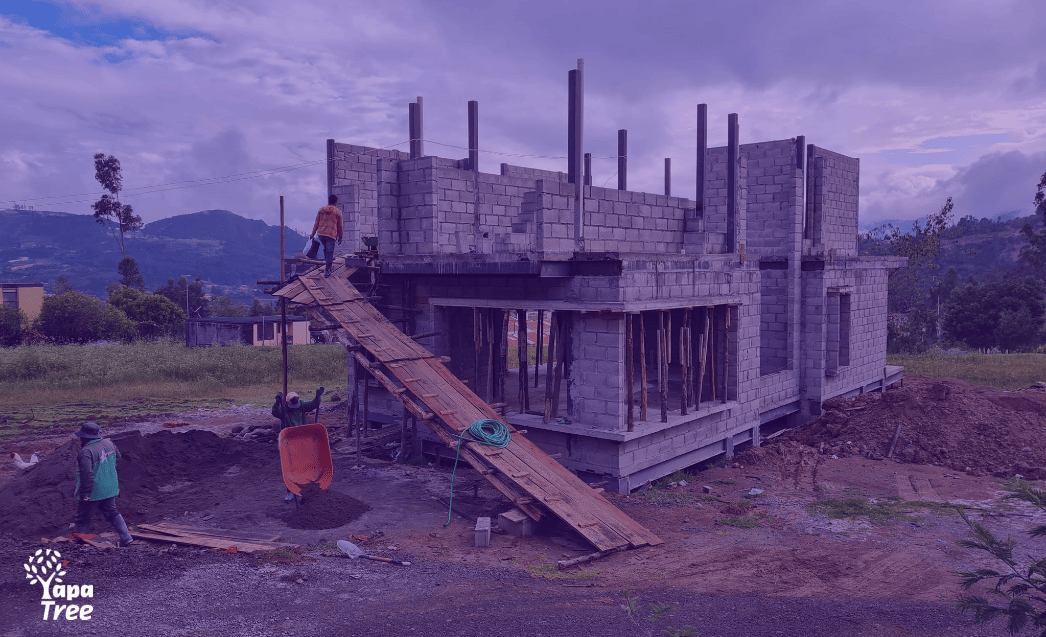
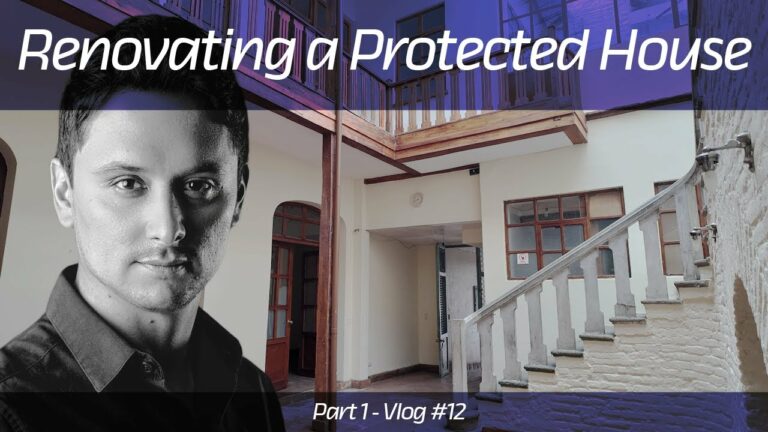

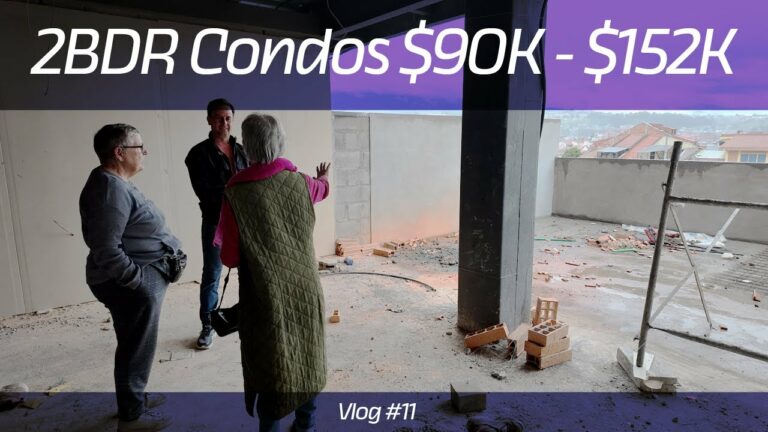
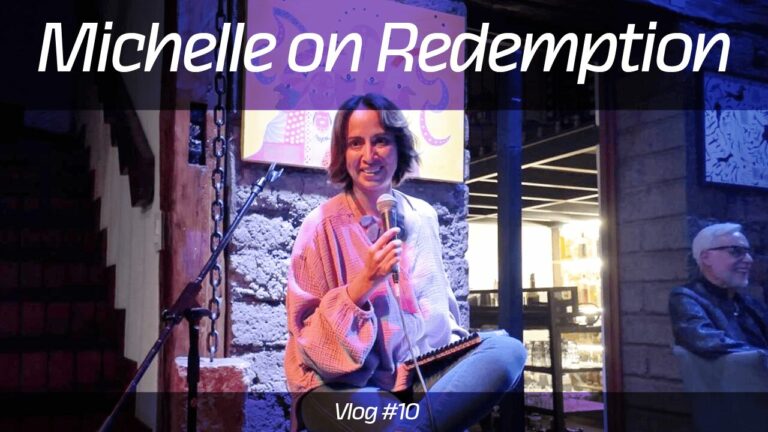
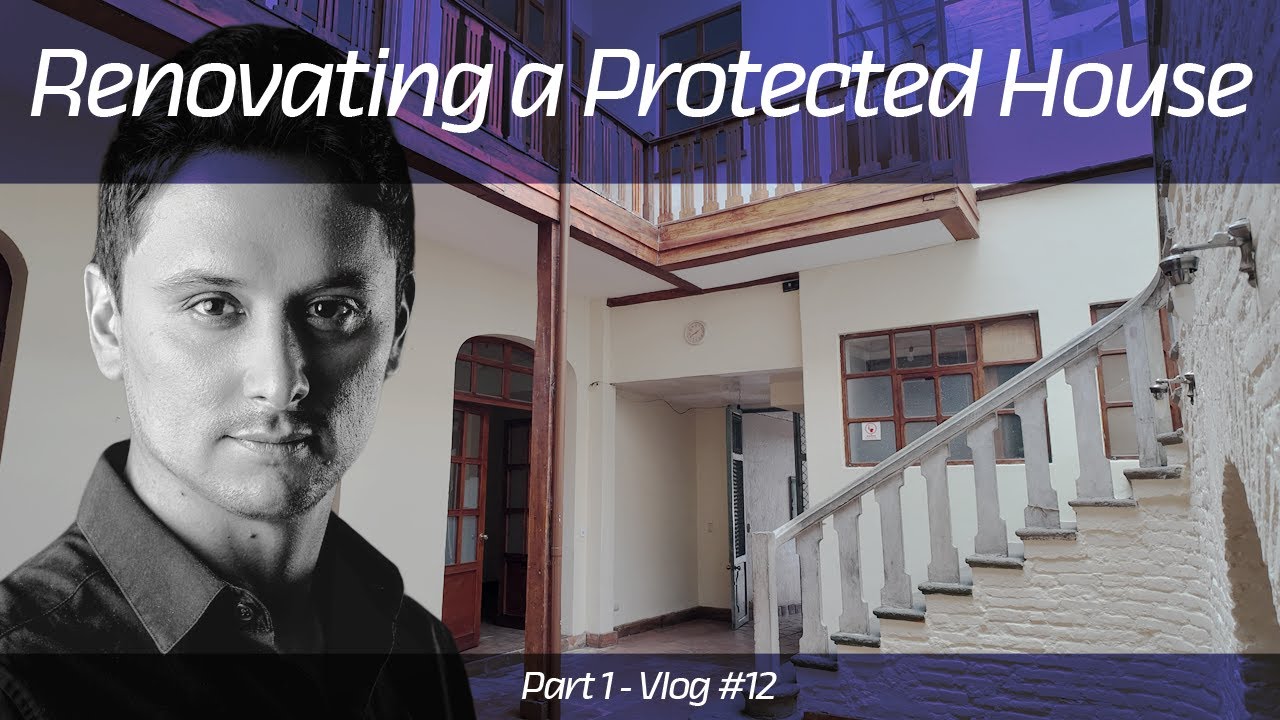

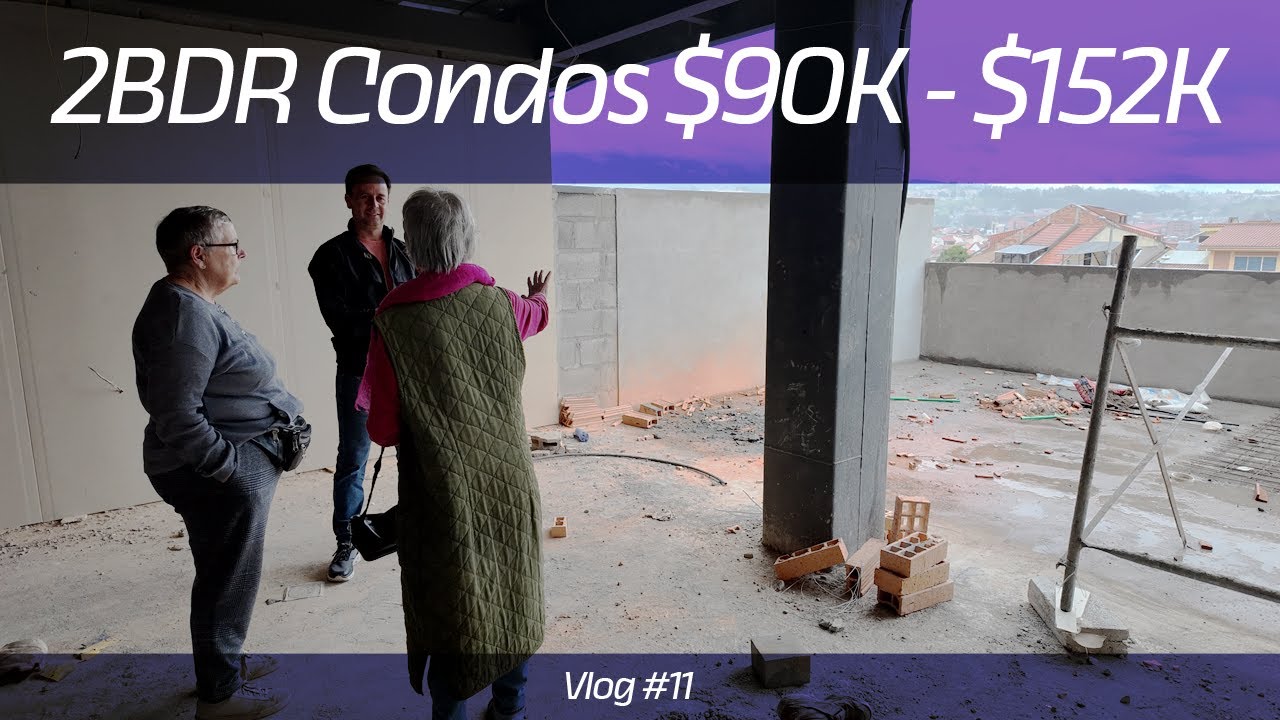
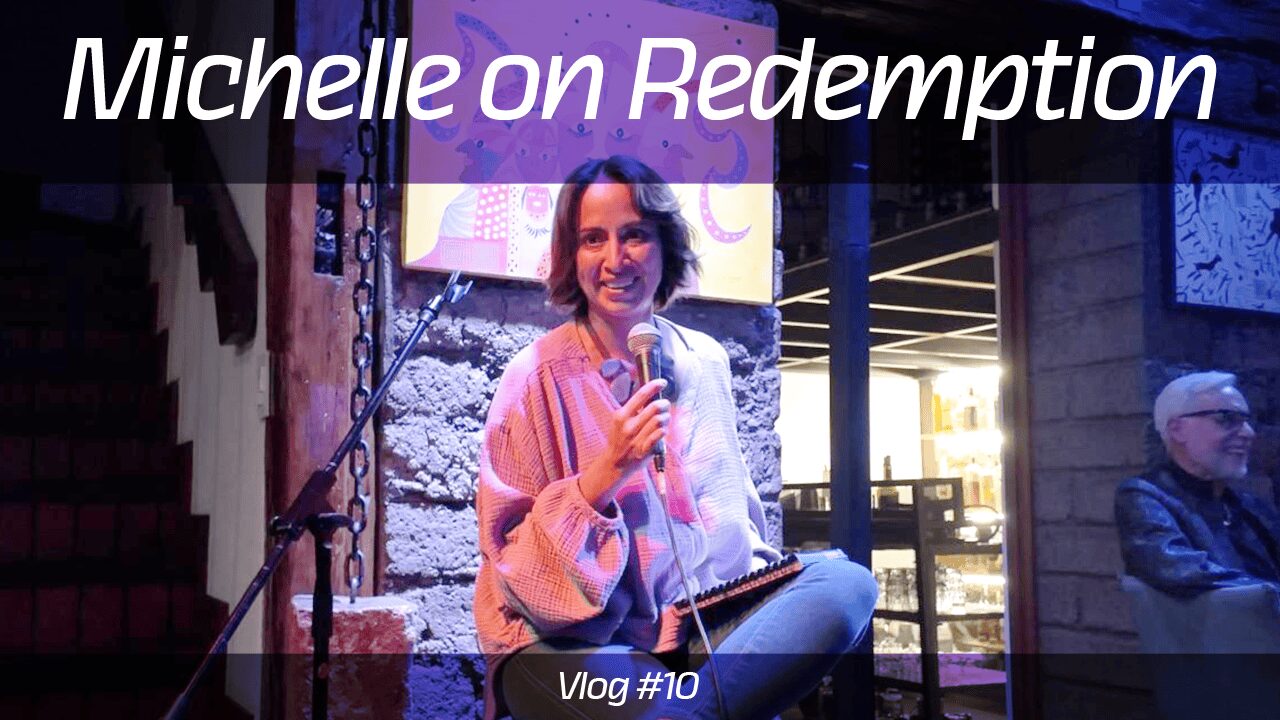
2 Responses
Sadly, have been here three years and my Spanish is still limited as am spoiled with my landlord who lives in the same house and is my driver, translator, assistance, and my “son from another mother” in every way. So have to push myself to learn more as this is my home of choice now and it is frustrating not to speak more Spanish; meantime, my landlord’s family has included me into their family so most of my social times and adventures are with them and very enjoyable and appreciated. Love these people and Cuenca but still learning cultural differences to manage things well.
How wonderful that you are included into their family! Slow and steady the exposure will help with learning the language and customs. The fact that you are plugging yourself into a social network that includes the locals is pretty awesome!